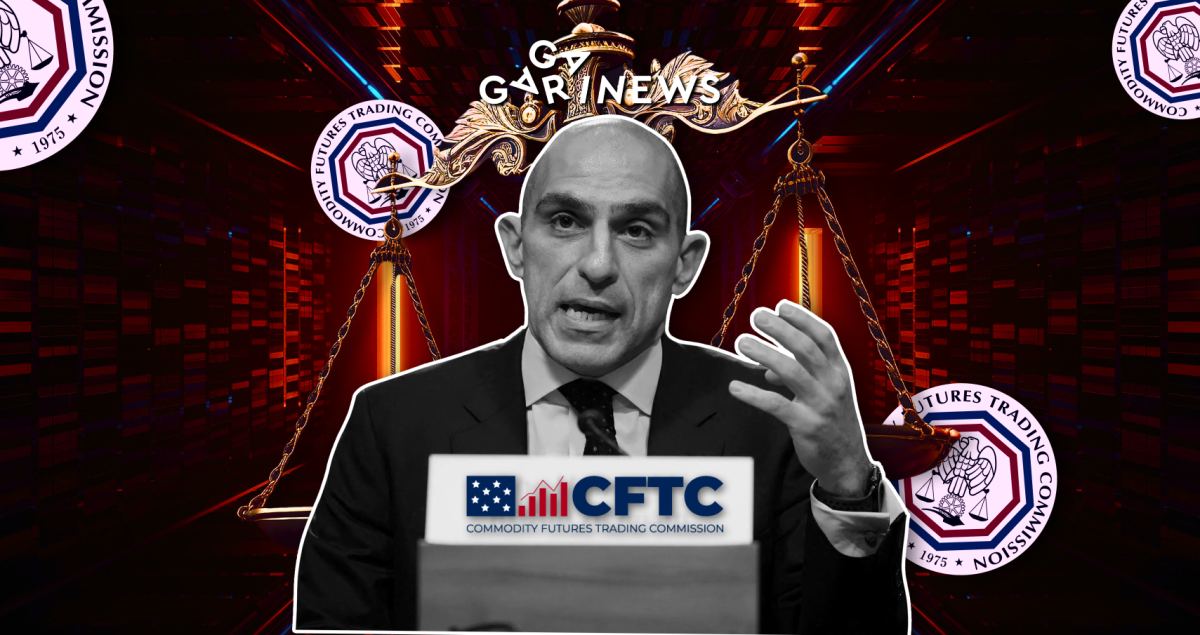DeFi Not Beyond Regulatory Scope, CFTC Chair Declares

In a recent discussion on Bloomberg’s Odd Lots podcast, Rostin Behnam, the Chair of the Commodity Futures Trading Commission (CFTC), underscored that decentralized crypto exchanges would be regulated, either by the CFTC or the Securities and Exchange Commission. This applies even if they’re built on “self-effectuating” protocols that are merely code.
On this page
Behnam was asked about the potential regulation of DeFi exchanges, which can function autonomously or with minimal human input, during the podcast. Many in the crypto world believe that fully decentralized market platforms can escape or are impossible to regulate. Behnam, however, refuted this belief.
He pointed out that it's not about whether the exchange is an institution or an individual, or whether it's just code. The real question is what U.S. customers are being offered and exposed to, and who set up the entity or code offering these products.
Behnam reassured that the CFTC would continue to hold accountable those actors who violate the law. However, he noted that one area where crypto would likely face light CFTC regulation is markets where tokens serve strictly as a cash substitute and not any other type of asset. This is because the CFTC doesn't regulate cash markets.
Interestingly, Behnam suggested there's an unresolved legal area around crypto: whether a token launched as a security could later devolve into a commodity when it's traded on decentralized exchanges purely as a cash substitute. He emphasized that while many characteristics of digital financial assets are common to traditional financial assets, there are unique attributes that necessitate thoughtful policy ideas about how and whether to regulate them.
The content on The Coinomist is for informational purposes only and should not be interpreted as financial advice. While we strive to provide accurate and up-to-date information, we do not guarantee the accuracy, completeness, or reliability of any content. Neither we accept liability for any errors or omissions in the information provided or for any financial losses incurred as a result of relying on this information. Actions based on this content are at your own risk. Always do your own research and consult a professional. See our Terms, Privacy Policy, and Disclaimers for more details.


























